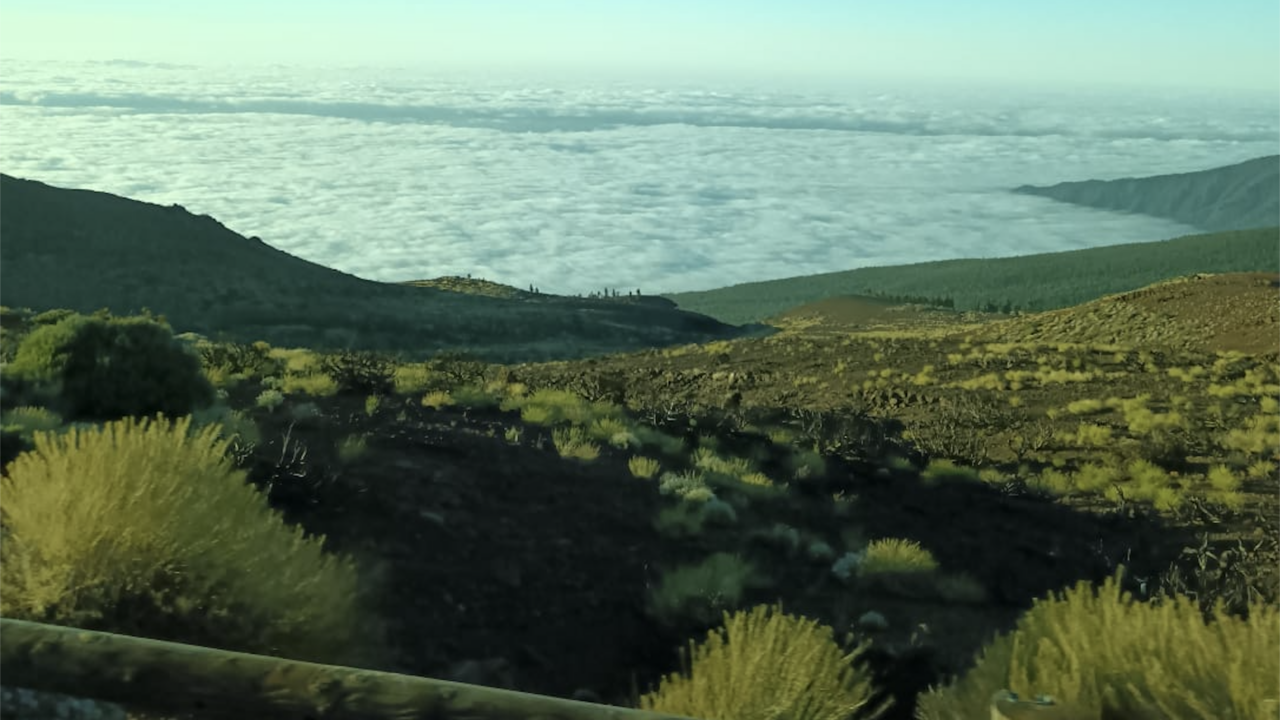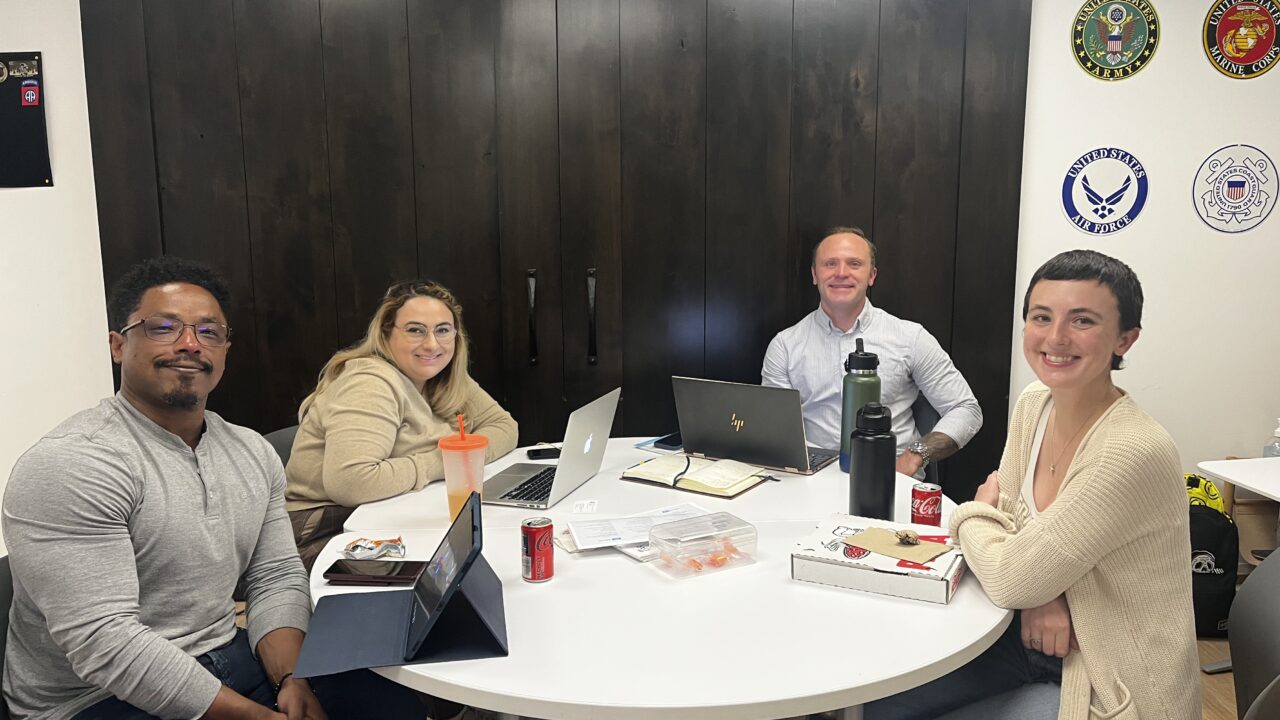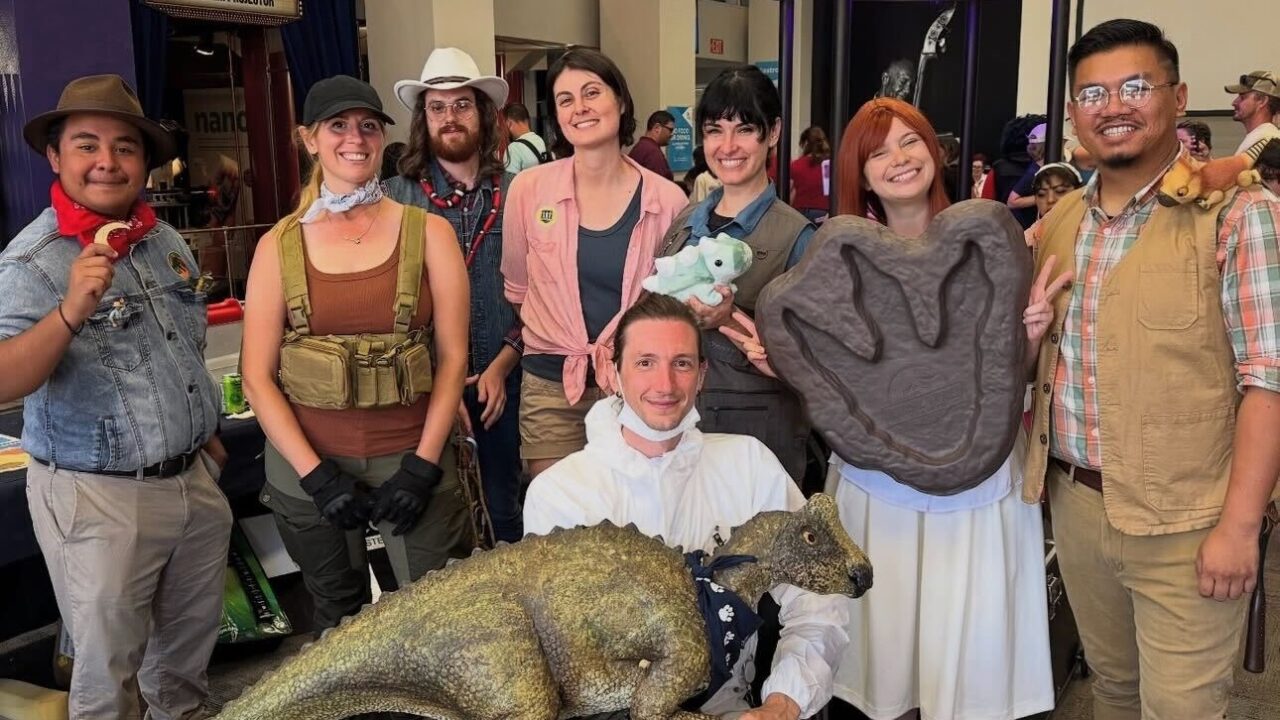
Inspiring Communities Through Science Communication: Marcos Magaña’s LA Times Fellowship
How a CDLS Fellow is bridging science and journalism
CDLS Fellow Marcos Magaña has approached his research and graduate degrees with the multi-angle problem solving skills of an investigative journalist.
Marcos holds a wide range of degrees, including a Master’s of Applied Geospatial Information Systems and Technologies and a Master’s of Urban Planning. Now a second-year PhD student in UCLA’s Institute of the Environment and Sustainability (IoES), he aims to address environmental and social problems, specifically those affecting the Coachella Valley in Southern California, the area he grew up in. He’s been investigating these issues for years and was the perfect fit for an L.A. Times-CDLS Environmental Justice and Science Journalism Fellowship, a multi-week summer internship that saw Marcos publish 15 articles with the Times. Marcos was able to make contacts in journalism and communication, and he wrote engaging articles about his research interests in a way that drew readers in and illuminated little known issues.
Earlier in Marcos’ career, as he obtained a first degree in social sciences and focused more on public affairs, he didn’t think of himself as a stereotypical STEM professional.
What brought him back to the sciences, and to science communication, was his attunement to his environment. Not just his physical environment—the plants, animals, climate patterns, and geological features surrounding him—but the socioeconomic, political, and cultural forces driving both change and stagnation around him. He says he saw both the good and the bad, and unfortunately, he began to uncover and understand the “grave environmental injustices” taking place around his home communities. These issues included air pollution, chemical pollution, and the ecological strain caused by the Salton Sea.
In the last year of his urban planning degree, Marcos connected with scholars in IoES at UCLA and saw a path forward for his research, which centers on extreme heat and deserts.
“I grew up in the desert,” Marcos says. “I’m interested in the climate science of deserts, but my research also focuses on how deserts are—rather than how they’re seen, as barren spaces with no value—deserts are spaces that have immense value biologically, with reservoirs of knowledge and lived experience.” According to Marcos, heat is a distinctly “social phenomenon.” Therefore, he seeks an interdisciplinary approach to research topics including heat planning, climate change, heat waves, and other extreme weather events. Marcos remains most interested in how extreme heat manifests differently in people’s everyday lives and in the environment surrounding them—and that led him to write some of the L.A. Times pieces he cared most about.
Marcos doesn’t want his research to stay in the halls of academia. “The work we do in academia is important, but it sometimes isn’t getting to the people we hope it gets to,” Marcos shared. He hoped that his work at the L.A. Times would reach more people with important information on heat, resiliency, and the environment. And it has: the article Marcos is proudest of, titled “Fear of ICE raids is making heat intolerable for Southern California families,” has sparked widespread online discussion and been circulated among several California organizations.
Another piece, “How changes in California culture have influenced the evolution of wild animals in Los Angeles,” garnered several email responses from Los Angeles residents thanking Marcos for opening their eyes to how their everyday decisions impact wildlife. One reader even shared different ways they’d been inspired to use wildlife-friendly and heat-resistant planning in their infrastructure projects in the future. Marcos was heartened to hear that his piece brought positive awareness to so many readers; through articles like the two mentioned, Marcos continues to inspire people to be more present in the communities they are part of.
On the topic of science communication, Marcos says career science communicators are doing a great job sharing data and concepts in a way that interests others. But, he adds, “There are several high-level concepts we like to talk about within academia, like racial justice and equity, but then we never follow up to make sure that those concerns and issues are communicated in a way that people can see and understand….I wanted to take the opportunity to tell stories in a way that could make high-level concepts digestible for people, in a way that’s relatable.”
Inspiration and positive action are Marcos’ driving goals for those who read his works. He wants to inspire people’s connection to their own community and to communities different from their own—communities that may all be affected by the same broken systems and the same environmental stressors.
And to those involved in science or research, Marcos has a message rooted in the value of accessible communication: “Tell a story through the science that you think is important for others to hear,” he says.
Written by Emily McFerson and Hannah Taylor.




